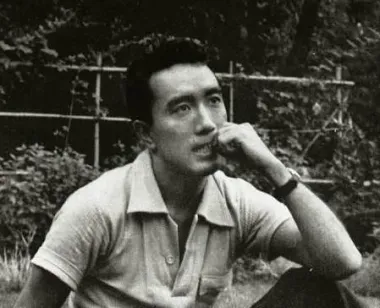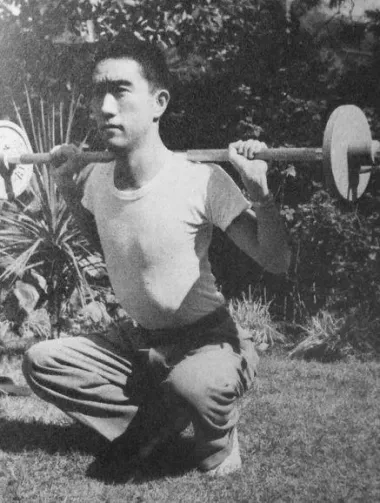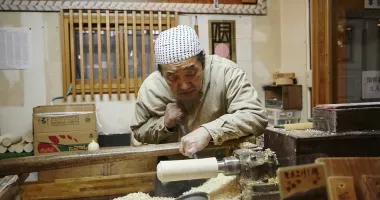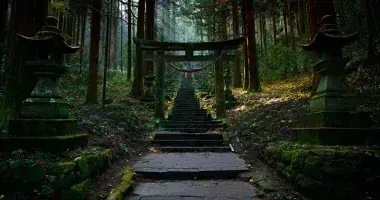Yukio Mishima 三島由紀夫



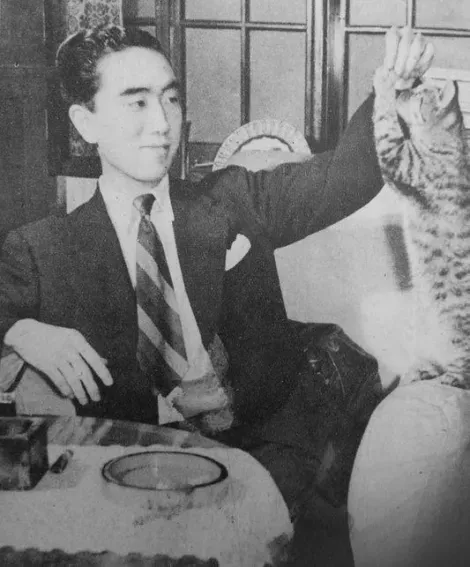
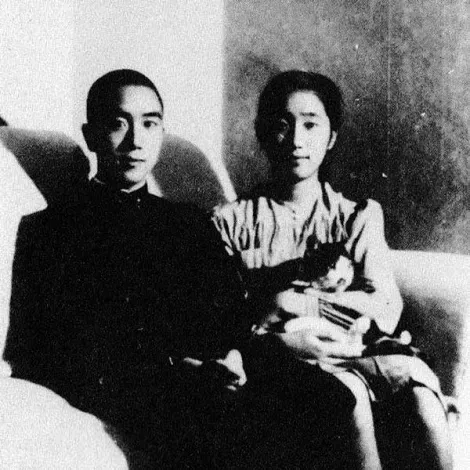
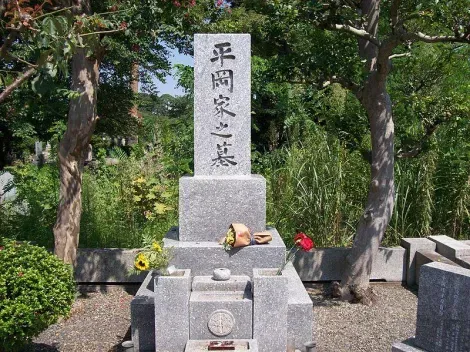
The provocative writer
Yukio Mishima, whose works can be found on the shelves of bookstores around the world, is known in the West as one of the great Japanese novelists of the post-war period. A very prolific author, was also a writer with controversial positions, a whimsical reactionary who took his own life his life...
A Childhood Prodigy
Yukio Mishima, whose real name is Kimitake Hiraoka, was born in 1925 and had a very brilliant education, attending the school of Gakushûin and becoming the youngest member of the literary society of his school.
During the war, he was invited to write a short story for the prestigious Bungei-Bunka magazine. His childhood was marked both by voracious reading of many Western (Rilke, Wilde...) and Japanese classics as well as by the brutal presence of a father for whom his son's literary interest was a mark of effeminacy.
Mishima finished his studies at Gakushûin at the top of his class, which earned him a silver watch from the hands of the Emperor. He then joined the largest university in the country: Todai. Despite his father's desire to see him have a brilliant career at the Ministry of Finance, he turned to a career as a writer.
A body-oriented work
Mishima's work is crossed by the question of the body, its brilliance, its splendor, and the fear of its degeneration. Mishima will deal with the discovery of his homosexuality in "Confession of a mask" (1949) and will follow in his later novels his obsession with the body, in particular in "Les Amours prohibited" (1951). This literary theme is reflected in the physical activity of the adult Mishima, who builds a strong body through bodybuilding and martial arts. In another style, "Le Pavillon d'or" (1956) allows him to develop his notion of Beauty, which he mixes with that of crime.
Mishima has an extremely rich style of writing, loading his texts with incessant metaphors, letting a rare word grow here and there between the lines. In love, like one of his great references, Oscar Wilde, with the prodigality of style.
- Read also: 5 classics of Japanese literature
The assertive nationalist
During the 1960s, Mishima's love for traditional Japan and his uncompromising nationalism became more and more prominent.
This horizon is particularly visible in his tetralogy "The Sea of Fertility", but also in short stories like "Patriotism" (1961).
He is even more so in the activities in which Mishima engages, joining the self-defense forces in 1967 and creating, almost immediately, his own nationalist militia Tatenokai, or in French, an army of the shield. The end of his life in 1970, mixing a mock coup attempt at the Ministry of War with traditional Japanese suicide in the form of seppuku, fits into this nationalist framework.
